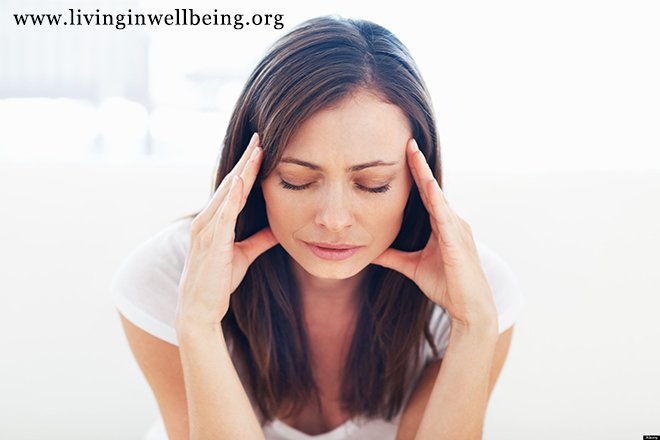
Treating ADHD in adults is an under-discussed topic due to the fact that attention deficit hyperactivity disorder is generally considered a childhood condition. While children, especially young boys, are the largest category it is thought that approximately 5% of all adults have the condition.
ADHD isn't a disorder that appears in adulthood rather it is a childhood condition that is carried forward into adulthood. While this is the case certain symptoms such as hyperactivity become less noticeable while other symptoms such as inattention may not improve with age.
Treating adult ADHD - Getting a diagnosis?
If you are an adult who has previously been diagnosed with the condition it will be fairly easy to get help. On the other hand if you are an adult, and are just now recognizing that you may have ADHD, it may not be easy to get a positive diagnosis. In these cases your doctor or mental health professional will need to verify that the disorder has existed since childhood. He may wish to talk to family members to gain a glimpse into past behaviors.
Treating adult ADHD - Treatment options
There are basically two types of conventional treatment options; prescription medication and psychotherapy. Prescription stimulant medications are currently the most widely used form of treatment but some people find them to be ineffective or intolerable. Psychotherapy options such as cognitive behavioral therapy or dialectical behavior therapy have no side effects and have been gaining popularity in recent years.
*Stimulant medications: Stimulant medications work by improving neurotransmitter activity (norepinephrine and dopamine) in the brain.
Currently, the six most often prescribed stimulants for ADHD are Ritalin, Adderall, Desoxyn, Dexedrine, Cylert, and Provigil. Each has its own set of side effects so be sure to check with your doctor to find out the specifics.
*Cognitive behavioral therapy (CBT): Recent research has shown that CBT can be as effective as stimulant medications and has a lower incidence of relapse. It is a systematic approach to changing the way a person thinks through association and conditioning.
*Dialectical behavior therapy (DBT): DBT is an offshoot of CBT. DBT works by examining the way your thoughts, feelings, and behaviors interact and affect each other. A psychotherapist skilled in DBT will be especially interested in how thoughts can create disruptive behaviors and emotions that can and do interfere with life and relationships.
In summary, we have just touched on a few different ways of treating ADHD in adults; there are countless others. Additionally, many adults with ADHD are finding success by combining CBT with natural remedies such as homeopathy. Homeopathic remedies for ADHD are a safe and effective way to manage such problematic symptoms as inattention, impulsivity, and restlessness and are a treatment option worth considering.












